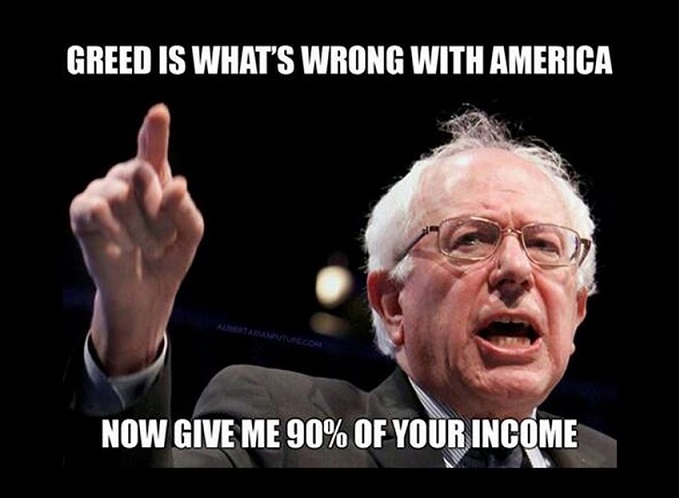A few days ago Tim Jones posted a short but helpful article about what has taken place politically in recent decades — its opening is excerpted below. Of course you know what’s coming next from me: had conservatives been fighting in the information war during these past few decades — through the schools, pop culture, and the media — the left would not have been so successful.
Shattered Consensus: The Rise and Decline of America’s Postwar Political Order by James Pierson may be one of the best books ever written on American political history. It traces the evolution of both political parties from the aftermath of World War I to the present. What is especially interesting is how, following the death of John F. Kennedy, the Democratic Party turned away from traditional liberalism, when Democrats still believed in American exceptionalism. JFK would have been considered a raging conservative today, as he believed in lower taxes, a strong national defense, and the pre-eminence of the United States’ place in the world as a force for good.
Liberalism is no longer merely a philosophy of government, as it was during the Progressive Era, but rather an integral part of modern government itself, which is why it cannot be killed by its policy failures, lost arguments, or even lost elections.
Democrats believed back then that progress (“the Progressive Era”) was meant for everyone to get ahead in life through hard work within the American capitalistic system. They also believed, as did the Republicans, in social safety nets just for the very poor. Kennedy, however, was initially ambivalent about Civil Rights legislation (that actually began being promoted by his predecessor Eisenhower, a Republican) but opened up to it out of political pressure and expediency.
Read more: American Thinker

